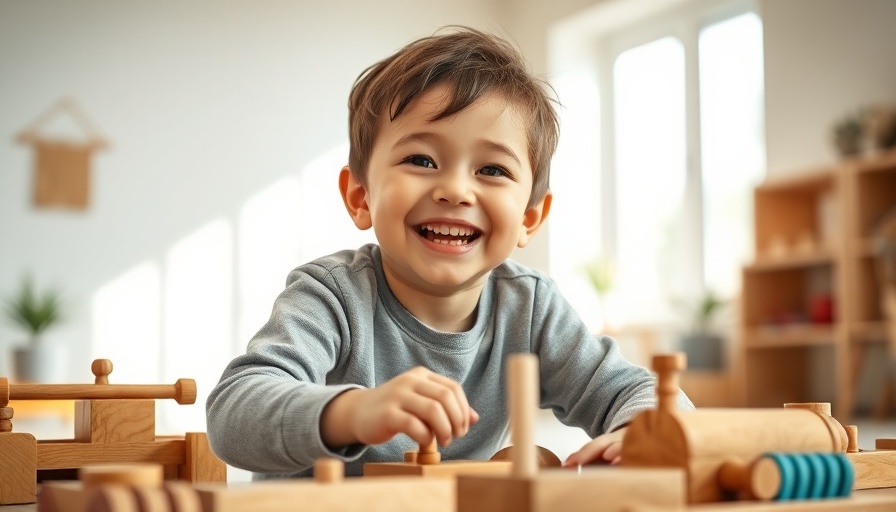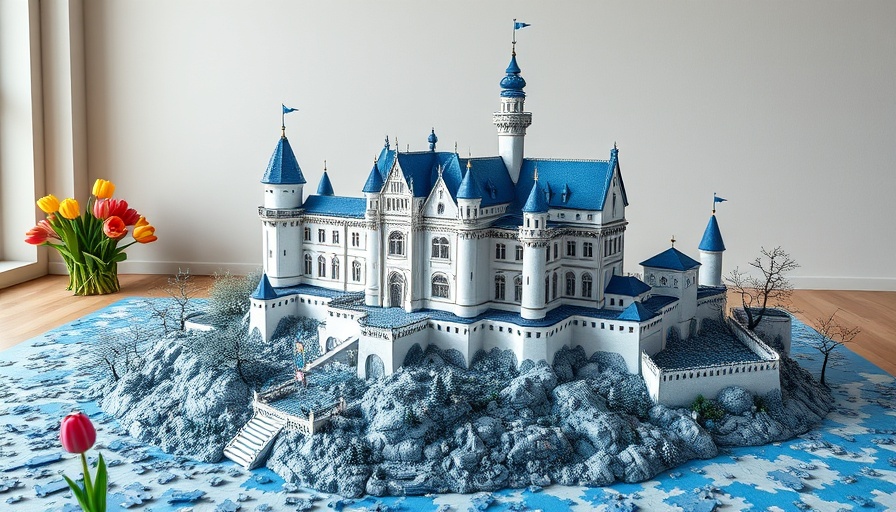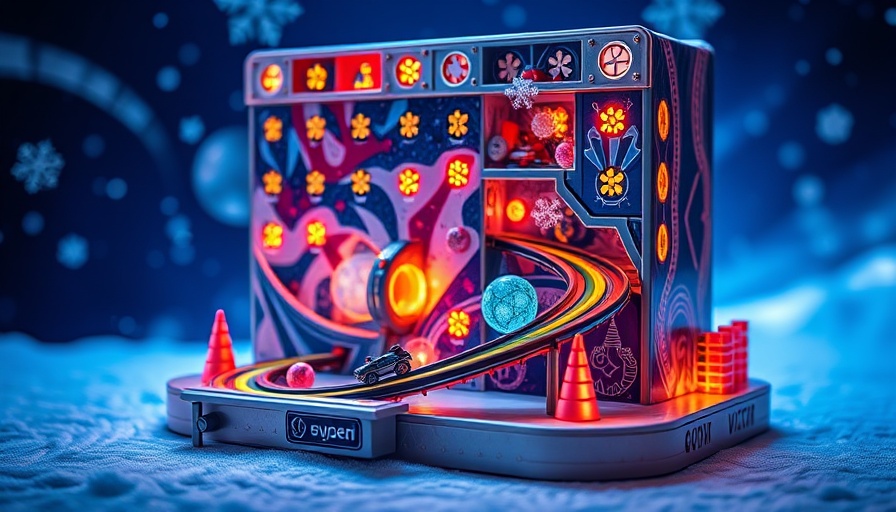
Understanding Open-ended Play: A Child's Universe
In the expansive realm of childhood play, open-ended play stands as a vital component in nurturing creativity, independence, and cognitive growth. Unlike closed-ended play, where children are confined by rules and predefined outcomes, open-ended play offers limitless possibilities. Here, children dictate the narrative and the rules—a true celebration of imagination in its purest form.
The Critical Role of Open-ended Play in Development
Research underscores the significance of open-ended play, particularly for children under the age of five. This early stage encompasses rapid brain development, with 90% of a child's brain formation occurring within these formative years. Psychotherapist Meghann Henderson asserts that fostering open-ended play enhances crucial developmental areas such as creativity, problem-solving, and self-regulation. Practical items promoting this type of play include simple blocks, art supplies, and natural objects, allowing children to explore their environment freely and creatively.
Why Open-ended Toys Matter
Open-ended toys, such as wooden cubes, dolls, or play silks, do not dictate a single mode of play. Instead, they promote versatility, enabling children to engage in pretend play that reflects their experiences and aspirations. For instance, a block can transform into anything from a car to a dinosaur, and that flexibility is the essence of play that develops creativity and critical thinking.
Key Benefits of Open-ended Play
1. Processing Experiences
Open-ended play allows children to safely test their understanding and skills concerning new knowledge. They explore their surroundings and replay events, understanding the dynamics of everyday life—from family routines to grand adventures. Playtime becomes a space for emotional processing, where children can relive significant moments safely.
2. Imagination as a Catalyst for Learning
By engaging in open-ended play, children enhance their imagination, crucial for adapting to new challenges and experiences. This imaginative play fuels their ability to invent stories and scenarios, laying a foundational framework for creative problem-solving in the future. As documented in studies from Michigan State University Extension, engaging in creative play fosters resilience and the ability to focus—skills invaluable throughout life.
3. Fostering Independence
Open-ended play nurtures independence, encouraging children to make decisions on their own without the constraints imposed by structured play. This sense of agency can instill confidence and promote self-reliance, characteristics that significantly benefit their social and emotional development.
4. Freedom from Rules
The absence of rules in open-ended play provides a delightful respite from structured environments, such as schools. Children thrive in “no-right-or-wrong” scenarios, and this freedom cultivates a sense of peace, allowing kids to immerse themselves fully in their imaginative worlds.
Promoting Open-ended Play at Home
To foster an environment that encourages open-ended play, parents should curate a variety of versatile toys and materials. Prioritize items that allow creativity rather than dictate play. Simple art supplies, loose parts, and natural objects should be easily accessible, enabling children to explore their creativity and problem-solving skills independently.
Final Thoughts: The Value of Play for Lifelong Growth
Open-ended play is more than a fun activity; it is a pivotal element of early childhood education and development. By embracing open-ended play, parents not only stimulate creativity but also set the stage for children to develop resilience, adaptability, and problem-solving skills that last a lifetime. As they play freely, children learn about the world and their place in it—crucial lessons that remain with them into adulthood. Let’s embrace the beauty of their imagination and the power of open-ended play.
Encourage your child’s imaginative exploration today by incorporating open-ended play into their daily routine!
 Add Row
Add Row  Add
Add 




 Add Row
Add Row 

 Add
Add
Write A Comment